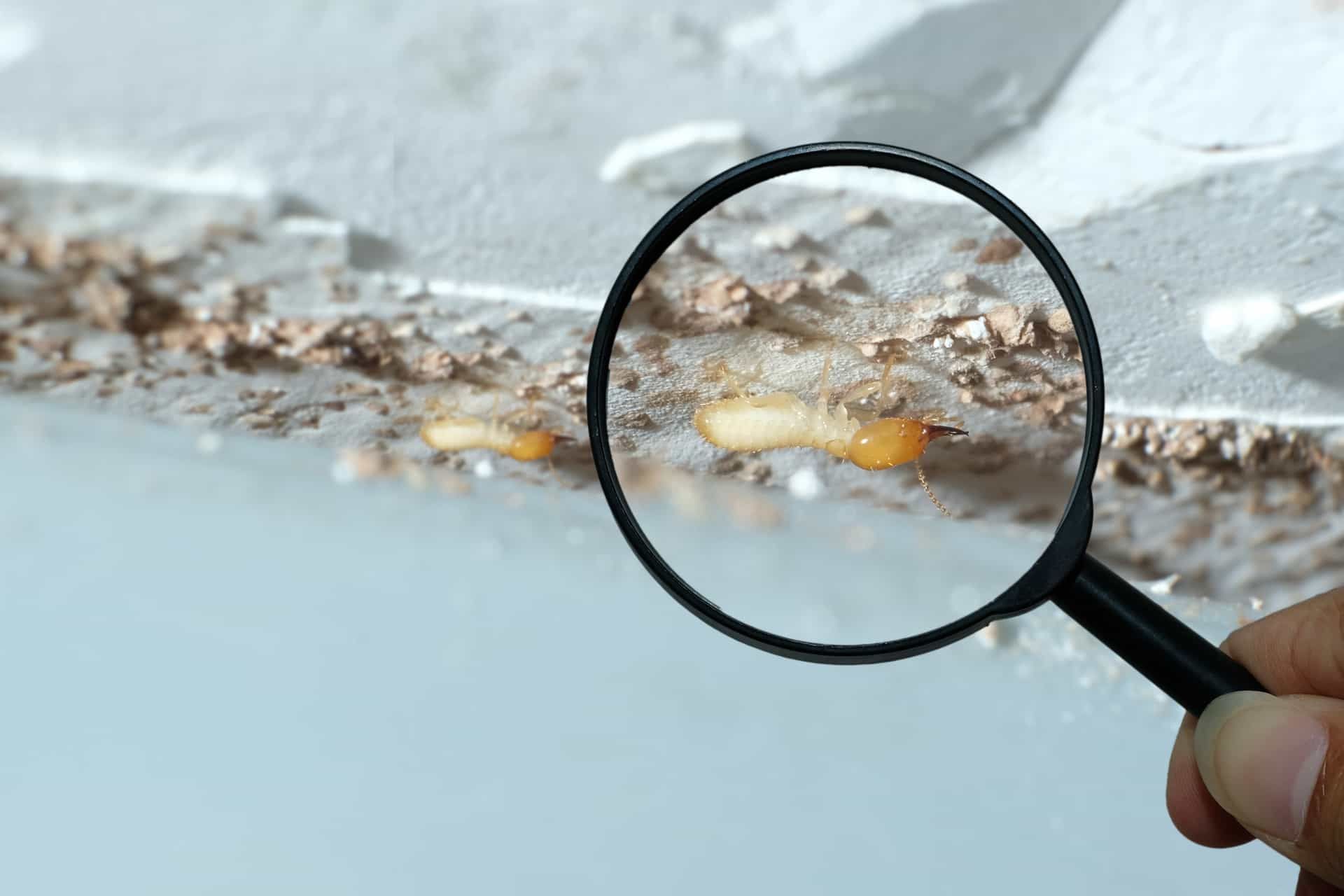How To Inspect A Home’s Foundation For Damage
If you’re purchasing a property, there’s a high likelihood you’re losing your mind over its condition. After all, it’s common knowledge that many homes look fine on the outside but are hiding structural issues you can only spot once you scratch beneath the surface.
Such is the case with the foundation of a home.
It has to endure a lot of stress from the surrounding soil and the structure above it. Over time, it’s not uncommon for the foundation to develop defects and damage that may result in thousands of dollars in repairs. If you purchase a home in this state, you’re practically buying a money pit.
Fortunately, you can avoid losing time in negotiations for such a home by conducting a quick and painless home foundation inspection when you step foot on the property for the first time.
What Is A Home Foundation Inspection?
Before scheduling a regular
home inspection (which also covers the foundation area), you can eliminate homes early in the process by conducting a DIY home foundation inspection. To determine if there are any obvious foundation issues, it’s necessary to examine the supportive framing underneath the home.
As stated earlier, any foundational damage may require hefty amounts of money to resolve. For instance, if you’re looking at a property that is subject to differential settlement (unequal setting of the foundation), one side of the foundation may have sunk into the ground.
On paper, this home is a terrible investment because you’ll need to pay for underpinning and supportive piers to resolve the problem. Plus, foundation damage may spread further into the home as the sinking progresses. It’s not uncommon for homes such as these to have warped framing, humidity issues, sloped floors - you name it.
A
certified home inspector South Florida is more than competent to notice such issues during the house inspection.
Home Foundation Inspection Guide
Identifying foundation damage is relatively easy if you know what you’re looking for. Follow the next few steps to discover any signs of expensive foundation problems when checking out a property:
1. Inspect The Exterior Of The Property
A home foundation inspection begins outside the home. Check for signs of leaning or bulging, which indicates that the load on the foundation is uneven. All walls and the foundation must be level.
You can also search for signs of cracks in the foundation. Foundation issues can result in wide fractures that span the corners of the concrete, zig-zag cracks on the foundational walls, and in extreme cases, even horizontal cracks on exterior walls.
Another giveaway of a structural crack is crumbling concrete near the home - a sign that the foundation is heavily deteriorating.
While you’re at it, you should take note of any water buildup around the foundation. Any erosion or moisture on the exterior could indicate an expansive soil that can lead to foundation damage in the future and cause tricky leaks in the basement area.
2. Inspect The Underhome Area
If the foundation allows it, check the interior walls and the concrete slab. Any zig-zag or horizontal cracks on the foundational walls are a huge red flag when it comes to the overall condition of the foundation.
Also, make sure to examine the slab for cracks that spread in a circular pattern. These cracks suggest that the soil beneath the house is exerting upward pressure, which may result in additional damage and moisture-related issues.
Similar to what you did outside, also look for signs of water damage in the underhome area, such as rotting wood, musty odors, wet areas around cracks, and efflorescence (powdery substance left by water).
3. Check The Condition Of Additional Foundation Elements
Make certain to inspect the following structural elements:
- Piers and concrete slabs
- Load-bearing elements such as support beams
- Overall condition of metal piers
- Signs of buckling in the foundation
- For pear and beam foundations, look for any broken connections
Any damage could point to a larger foundational issue and there is a high chance that the damage will get exacerbated in the future.
4. Inspect The Living Area
Any trouble with the foundation will spread into the rest of the home. So even if you don’t have easy access to the underhome area, you can conduct a home foundation inspection in the living areas to find signs of foundation damage.
If floors exhibit any buckling, cracking, sloping, or warping, it’s a clear indication of foundation issues. The same goes for cracks in the drywall that angle outwards from the corners. It’s also possible to determine if the walls are warping by looking at the cabinets or countertops, which are angling away from the walls.
All doors and windows should open smoothly. If any are difficult to open, it may be a sign that the foundation has moved and has caused the framing around the opening to shift. Similarly, any gaps between the wall and doors and windows are a clear indication that the foundation has shifted.
5. Pay Extra Attention To The Roof
You can conclude the home foundation inspection by taking a closer look at the roof. Since the issues with the foundation can also warp the framed roofing system, any warping or drooping portion of the roof should ring off alarm bells.
Avoid Purchasing a Money Pit
In conclusion, paying closer attention to the glaring issues can help you avoid losing time on defective properties. Naturally, foundational damage is sometimes not that easy to spot, especially to the untrained eye.
Luckily, you can always rely on a home inspection to put your mind at ease. A home inspection for buyers is typically scheduled once you make the offer, and it will provide you with a complete assessment of the property, along with an evaluation of any foundational damage.
If you’re looking for the best home inspector South Florida, get in touch with professionals at
Guardian Angel Inspections. Our approach to every house inspection we conduct is thorough and we treat our clients like they’re family. You can expect the same level of service as if we were buying a home for ourselves.
Schedule a home inspection for buyers by calling
561-512-7854 or filling out our
contact form
Disclaimer: The information on this website and blog is for general informational purposes only and is not professional advice. We make no guarantees of accuracy or completeness. We disclaim all liability for errors, omissions, or reliance on this content. Always consult a qualified professional for specific guidance.
Share this entry







